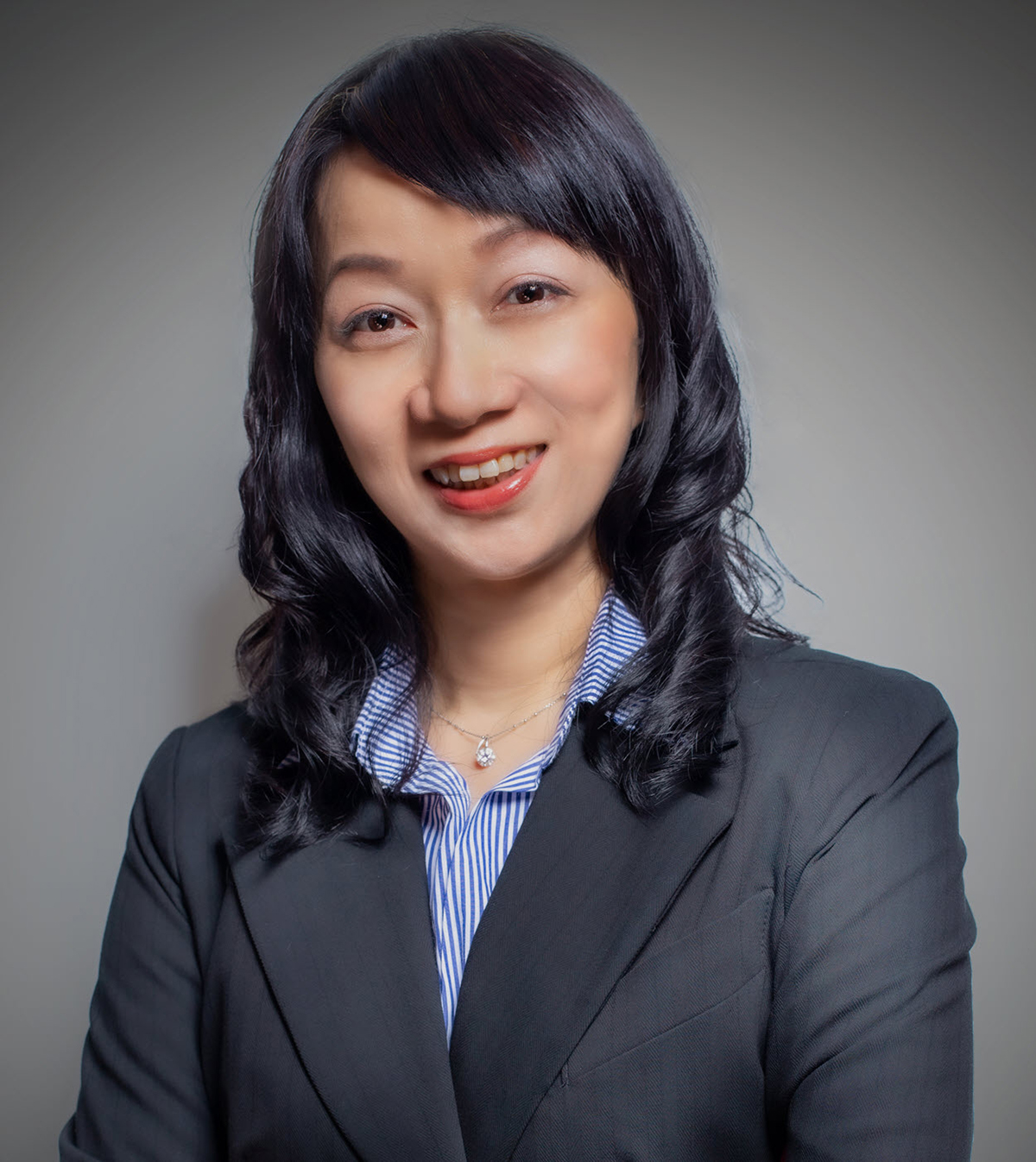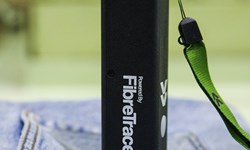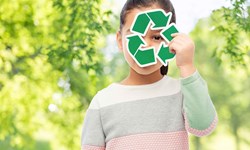
Yvonne Tse, recently appointed vice president of SGS’ Global Softlines division, tells Fiona Haran about the support it is offering the textile & apparel industry to strengthen sustainability across the supply chain.
Earlier this month, SGS, the world’s leading inspection, verification, testing and certification company, announced the appointment of Yvonne Tse as vice president of its Global Softlines division – covering textiles & apparel, footwear, leather, and accessories.
Tse joined SGS in 2011 as deputy director of the division and in 2017 was promoted to international business head. Across a career spanning over 25 years, Tse has witnessed a number of changes in the TIC industry and has observed the resulting impact on global textile regulations and standards, and with that – innovation.
“When I started in the industry, in the 90s, the majority of regulations were mandatory from governments. For example, flammability and labelling regulations,” she says. “But in recent years the pattern has changed. The focus is not just on industry or global regulations – not only on the mandatory regulations but also the physical and functional performance part as well.
“We’ve seen changes, particularly in the last two years,” she continues. “The pandemic has also changed people’s mindsets as well. The core focus continues to be on mandatory regulations by countries, but there has also been a consumer behaviour change. They are looking for a sustainable lifestyle – back to nature – as well as digitalisation and transparency throughout the supply chain. People are looking for value for money and are cautious around their budget.”
Global outlook
Tse’s global position means that she’s used to leading teams in various countries across the world, including Cambodia, Indonesia, India, Bangladesh and Turkey – also known as her ‘Softline affiliates’. Here, she also refers to the opening of SGS’ first accredited textile laboratory in Hawassa, Ethiopia in 2019, which aims to contribute to, and strengthen, the local apparel industry’s ability to meet the requirements of global standards international markets. Another two SGS labs can be found in Vietnam, “supporting our affiliates to expand and to grow, together with the local staff”, she says.
Tse’s role also involves heading up SGS’ global R&D team – researching how the market is changing, what its clients’ needs are, and ‘how the end customer is perceiving sustainability’.
A pivotal point in this strategy came last year when SGS became the first laboratory to launch microfibre testing according to The Microfibre Consortium (TMC) method. SGS’ goal was to develop a test method which is robust and reproduceable and can be commonly adapted by the industry to assess the fibre releasing performance.
This month, SGS followed that success with the announcement that it has been officially approved by the TMC as a third-party laboratory member and will soon be extending its fibre fragmentation testing services beyond consortium member organisations. The collaboration with SGS will reportedly provide TMC’s brand, retailer and supplier members with bespoke support and standardised testing services. Utilising its global network of testing laboratories, including Hong Kong, Shanghai and Taipei City, members will gain access to SGS’ testing services to help them understand the requirements, while demonstrating their environmental responsibility and improving sustainability along the supply chain.
This comes at a crucial time for the industry when various government and trade initiatives such as the UN’s 2030 Agenda for Sustainable Development, France’s newly adopted Anti-Waste Law, and the EU Commission’s Circular Economy Action Plan have impelled businesses to take fast climate action by using safer and more sustainable chemicals, modernising existing or developing alternative technologies and business models, for instance.
“We see the importance of chemical management through the supply chain,” says Tse. “Nowadays, we are offering a total solution along the supply chain, even helping the industry to do preventative measures and also root cause analysis.
“In addition to the microfibre research, we’re also supporting textile wastewater treatment options, recycling, and circular material sourcing – with very popular materials including vegan leather and organic cotton. We have the experience and knowledge that can be shared to demonstrate SGS’ commitment to supporting our clients towards the environmental and global sustainability aims.”
This support also extends to producers of reusable fabric masks – a market that is expected to see continued growth beyond the pandemic as the world adapts to the ‘new normal’.
“SGS works with the different industry associations,” says Tse. “We helped to develop the first published guideline for washable and reusable fabric masks, [given that there are many guidelines to compare with country regulations] based on breathability and particle penetration, for example.”
SGS supports the whole value chain from material R&D to sourcing and verification, chemical residue testing and production. During the pandemic, SGS tailored this support to the changing needs of the market.
“Some of our clients, particularly during the pandemic, wanted nearshore sourcing,” says Tse. “[In some cases] they needed to source from a new supplier that they’d never worked with before. However, they cannot travel so they don’t know what the factory looks like. We can help them to do a remote inspection and make quicker decisions on the approval process. We can also help them on benchmarking.
“Also, a lot of stock is still in the warehouses as they cannot ship out,” she continues. “We can help them go to the warehouse to see if there is any more resistance, and support them with checking the goods.”
SGS’ clients that usually focused on the mature markets of Europe and the US for instance, have shifted their attention to countries which they’ve never explored before. This brings a number of challenges, especially as clients tend to lack an understanding of the local regulations in these countries. “With our knowledge, we’re supporting them to comply with the local laws,” she says.
The end-use applications that customers are interested in have also shifted, again fuelled by the pandemic. Sales of home textiles for instance have risen considerably as more people have spent time indoors. With this, SGS has been supporting clients that are now entering this market as a result of the increased demand.
Not only that, but it is also helping clients with collecting and handling leftover production and overstock material so that it can be upcycled. “We’re helping them to verify the upcycling,” says Tse, adding that different business models must be considered when it comes to sustainability and SGS is set to strengthen its sustainability testing credentials.
“As a team leader I’m very excited about the future as there are a lot of changes, including governmental, retailers, brands and end customer needs. I see this as very challenging but also a very interesting process we need to work through.”
Have your say. Tweet and follow us @WTiNcomment







